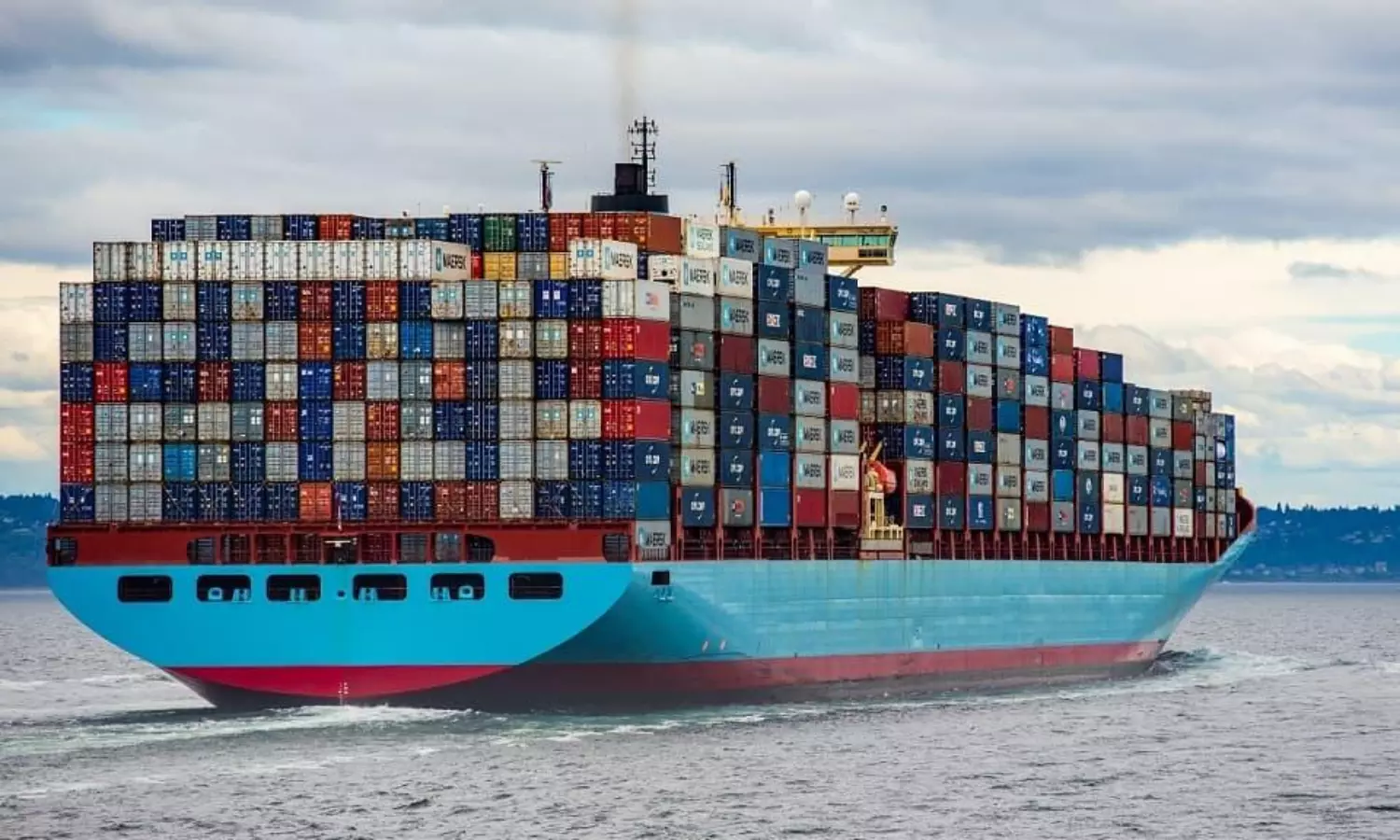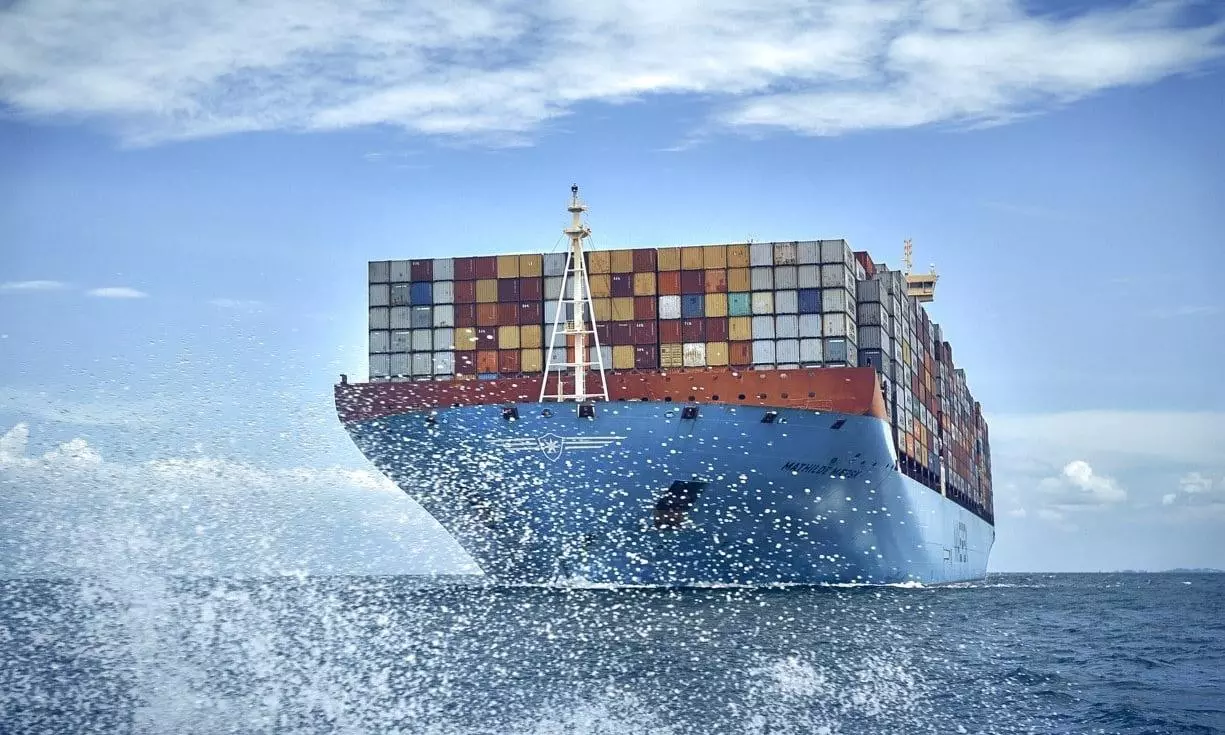DB Schenker, Volvo Cars to reduce emissions in ocean freight
Over a year, deal will save roughly 9,000 tonnes of CO2 compared to ocean freight vessels powered by fossil fuel

DB Schenker and Volvo Cars announced a partnership for sustainable ocean freight, shipping 12,000 TEUs with automotive spare parts on vessels using biofuel that will reduce CO2 emissions by 84 percent per container.
"In total, over a year, this saves roughly 9,000 tonnes of CO2 compared to ocean freight vessels powered by fossil fuel," says a release from DB Schenker.
The program started in June and connects, among others, Volvo Cars’ Gothenburg production plant with the ports of Savannah, Newark, and New York, the release added. "This kicks off a new long-term business relationship between the leading logistics provider and one of the most well-known and respected car brands in the world. DB Schenker procures second generation biofuel of the type used cooking oil methyl ester (UCOME)."
Thorsten Meincke, Global Board Member for Air & Ocean Freight, DB Schenker says: "We are proud that a recognized brand such as Volvo Cars joins us at DB Schenker on our way to a future of cleaner logistics. Our promise is to support customers in reducing their Scope 3 emissions coming from transportation and distribution. We will only succeed in shaping sustainable supply chains if shippers, forwarders, and carriers work closely together."
 Also Read - Volvo uses Maersk ECO delivery to reduce GHG footprint
Also Read - Volvo uses Maersk ECO delivery to reduce GHG footprint
Javier Varela, Chief Operating Officer and Deputy CEO, Volvo Cars adds: "At Volvo Cars, we are on a mission to decarbonise our supply chain. Strong partnerships with leading logistics providers are critical to creating possibilities like utilising renewable fuels for ocean freight. We are continually exploring sustainability opportunities across all aspects of our supply chain and we want to spark other car makers into action as well to increase demand for carbon efficient ocean transports.”
When renewable fuel is not available on a specific shipment for Volvo Cars, it will be used for another customer’s transport elsewhere and allocated to Volvo Cars through a methodology called mass-balancing. This method is third-party audited regularly and ensures that the overall cut in fossil fuel is on par with the actual use in container vessels, the release added.


